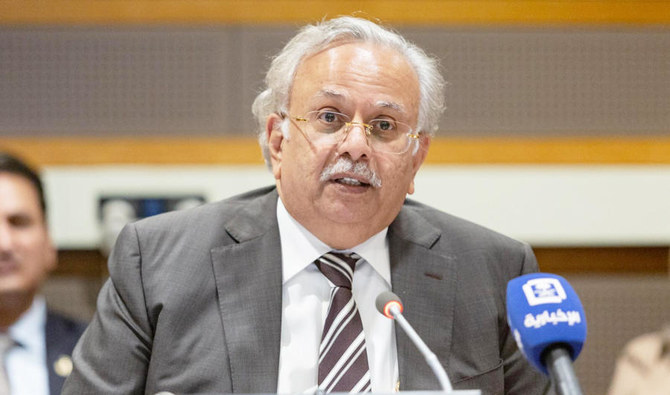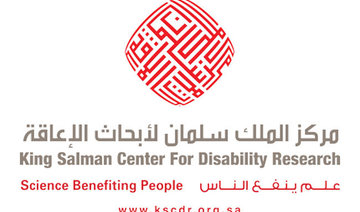NEW YORK: Saudi Arabia, represented by its permanent mission to the UN, participated in an event on the sidelines of the Conference of States Parties to the Convention on the Rights of Persons with Disabilities (CRPD) at the UN headquarters in New York.
The event, titled “Innovation for All,” was organized by the UAE’s permanent mission to the UN as part of a series of events to review national and international experiences in supporting people with disabilities.
A number of Saudi and Emirati officials and prominent figures participated in the event to shed light on efforts to promote innovations and initiatives to help people with disabilities.
Abdallah Al-Mouallimi, Saudi ambassador to the UN, thanked the UAE’s permanent mission for inviting the Saudi mission to participate.
Al-Mouallimi said Saudi Arabia has ratified the CRPD and firmly believes in equal and fundamental rights and freedoms for disabled people, as well as full respect for their dignity.
The Kingdom “is aware of the decisive role of new innovations to facilitate the achievement of this objective and the elimination of discrimination faced by disabled and elderly people,” he added.
The Kingdom’s Vision 2030 reform plan aims to uphold the rights of disabled people, and empower them to actively participate in shaping the country’s economic and social future, Al-Mouallimi said.
FASTFACT
7% of the Saudi population have a mild or severe disability, said Ahmed Al-Frian, counselor of the Kingdom’s permanent representative to the UN.
The aims of the King Salman Center for Disability Research (KSCDR) include “using the latest technologies to improve our understanding of disability, improving diagnostic and treatment capabilities, and developing ways to provide people with disabilities with concrete assistance,” Al-Mouallimi said.
The Saudi Education Ministry has taken measures to integrate disabled students, including special education programs in regular schools, training faculty members who work with disabled students, and providing technological instruments for disabled students free of charge, he added.

























